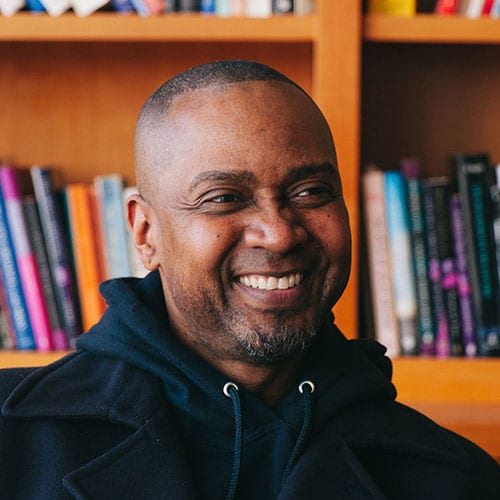By Melissa Riddle-Chalos
We are living in an age of profound growth and progress in behavioral health and mental healthcare. Simply put, we would not be where we are without the important contributions of Black pioneers of mental health who have contributed to the science, the systems, and the compassionate advocacy happening today. These pioneers — despite the challenges that people of color have always faced — have paved the way to improved mental health and wellness for everyone.
These pioneers — despite the challenges that people of color have always faced — have paved the way to improved mental health and wellness for everyone.
Pioneers Past
Can you imagine the challenges faced by Dr. Joseph L. White (1932-2017), who founded the Association of Black Psychologists and San Francisco State University’s Black Studies program in 1968? In one of the most tumultuous years during the civil rights movement, how much would it take back then for a Black man of science to expose the culturally-denigrating principles being applied to Black Americans in the mental health field? Often called “the father of Black psychology,” Dr. White’s seminal work, “Toward a Black Psychology,” changed the trajectory of mental health for people of color throughout the world.
In 1933, Dr. Inez Beverly Prosser (1897-1934) was the first Black woman to earn a doctorate in psychology. One of 11 children, she established a fund to help her siblings and other Black students attend and complete high school and college. Her dissertation, “The Non-Academic Development of Negro Children in Mixed and Segregated Schools,” informed pivotal discussions about racism, inequality, and its impact on Black children and the desegregating of American schools.
Dr. Solomon Carter Fuller (1872-1953), an African American pioneer in psychiatry, made major contributions to the study of Alzheimer’s disease, having studied with Alois Alzheimer at the Royal Psychiatric Hospital at the University of Munich.
Herman George Canady (1901-1970), a prominent Black psychologist who received his PhD from Northwestern, was the first to examine how race creates bias in IQ testing and how to improve testing environments to help Black students succeed.
Dr. Maxie Clarence Maultsby, Jr. (1932-2016), best known for establishing rational behavioral therapy (RBT), legitimized emotional self-help for scientific and clinical use. He developed a comprehensive cognitive-behavioral psychotherapy and counseling system and authored several books for mental health professionals as well as other self-help books on rational self-counseling. Dr. Maultsby was also elected as a Distinguished Life Fellow of the American Psychiatric Association (APA).
Dr. Hope Landrine (1954-2019), a well-respected pioneer in psychology and public health, published The Politics of Madness in 1992, presenting some of the first quantifiable data showing that stereotypes toward minorities, women, and people living in poverty negatively impacted psychiatric diagnoses and bolstered inequities rampant in modern society.
In a blatantly racist culture, with all the elements stacked against their success, these brilliant Black mental health pioneers, among many others, ushered behavioral health science into the modern age.
Pioneers Present
Even now, innovators and advocates within the Black community continue carving new paths toward greater awareness and access to mental health and healing. Pioneers such as:

A professor of psychology at St. John’s University and a distinguished pioneer whose groundbreaking work on the intersections of race, gender, sexual orientation, and social marginalization has been widely heralded
An actress and mental health advocate whose nonprofit organization is changing perceptions of mental illness within the Black community by providing mental health services in schools, offering scholarships to psychology students of color, and more
The founder of Coffee, Hip-Hop & Mental Health in Chicago, a nonprofit organization that uses coffee and music to help provide free access to talk and group therapy in high-poverty neighborhoods
Former NFL player who has been an outspoken advocate for mental health since his borderline personality disorder diagnosis in 2011; he launched Project 375, a nonprofit aimed at erasing the stigma of mental illness
Therapist, author, and Meadows Senior Fellow who speaks, blogs, and teaches on embodied anti-racism, helping people work through historic and cultural trauma toward transformation and healing
Even now, innovators and advocates within the Black community continue carving new paths toward greater awareness and access to mental health and healing.
In the hands of these innovative leaders and others, we can begin to envision a healthier future. It is a future of greater access to mental and behavioral health services and support, and a future of compassion and value of the importance of mental health … especially for people of color and for marginalized, underserved communities.
Black history is happening right now — every day — as the culture begins to, as Menakem says, “rise through the suffering’s edge” to find hope, healing, and transformation. At The Meadows we celebrate Black History Month by remembering and applauding these mental health historymakers, past and present.

